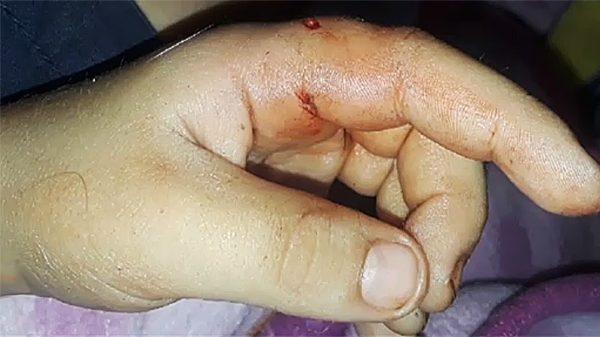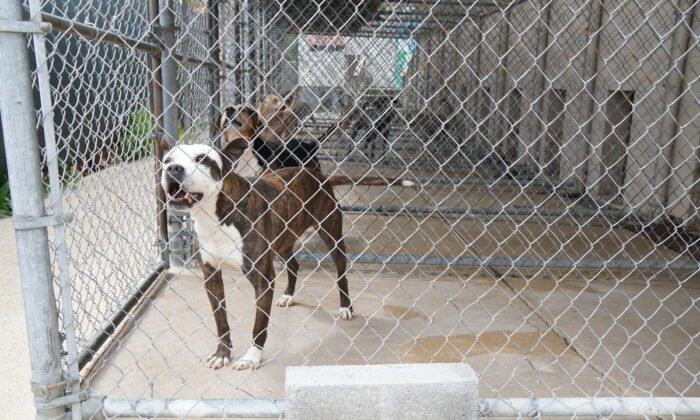Veterinarians Express Concern Over Rabies Outbreaks Due to Vaccine Shortages
Veterinarians are facing challenges in ensuring that pets are vaccinated against rabies as the world grapples with a surge in rabies outbreaks.
Dogs are responsible for 99 percent of transmission cases to humans. The reduction in rabies infection rates has always relied on extensive vaccination of domestic animals. Therefore, animal welfare supporters have been conducting extensive information and vaccination campaigns for decades.
However, there is now a scarcity of animal vaccines.
“The inability to provide timely rabies vaccines has disrupted our standard service pattern and overall pet healthcare,” noted Michael Thompson to The Epoch Times.
Dr. Thompson, who runs a veterinary clinic in Austin, Texas, explained how the shortage of rabies vaccines had a direct impact on his practice and his clients. He mentioned that they have had to prioritize vaccine allocation based on pet age, health status, and risk exposure, leading to appointments being rescheduled multiple times due to the lack of rabies vaccines.
This shortage is affecting animal welfare professionals across multiple states, including Dr. Mollie Newton in Ohio. She mentioned her practice has also experienced similar challenges due to the scarcity of vaccines.
Dr. William Schaffner, a professor of infectious diseases at Vanderbilt University School of Medicine, emphasized the importance of vaccinating pets against rabies to prevent the acquisition of rabies from dogs and cats.

…




